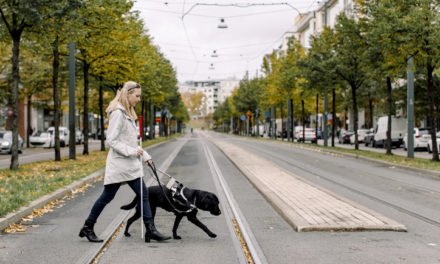
This is the seventh and final installment in a series of articles on what it means to have bold conversations about race.
The Winters Group is sponsoring a new feature at The Forum on Workplace Inclusion called Bold Conversations: Calling the Race Card. I started the series asking if we are ready to have bold conversations about race. The second piece explored the complex definitions of race and posited that it is really color rather than race that matters. The third post explored the idea of colorism. The first three posts were designed to provide background for why it is so difficult to have conversations about race. In the last three posts, I proposed some skills that are necessary to have bold conversations. This week I will share some final thoughts.
I hope that you have learned from this series that having effective conversations along racial lines is not necessarily easy. These are complex and emotion-charged issues and it requires developing skills to increase the likelihood of success. First we have to have clear objectives about what we are trying to achieve with the dialogue. Is it to share knowledge? To enhance understanding? To convince the other that your position is right? Without clear objectives and shared understanding of the desired outcomes, the conversation is doomed to fail.
Next we need to explore whether we have the skills necessary to engage in these conversations. Some would argue that the skills that I am recommending are what we would consider “soft.” That may be the case, but most behavioral scientists agree that these are the skills that lead to personal and organizational success. In summary the skills that we need to develop for effective dialogue across race include:
Modifying your listening skills
|
Asking questions
|
Shifting frame of reference when necessary
|
Managing conflict constructively
|
Recognizing unconscious bias and stereotypes
|
Showing respect for and interest in the other person
|
Striving to interact meaningfully with those who you perceive as “different”
|
Striving to be nonjudgmental
|
Making decisions using a “cultural” lens
|
Like any skill, these take practice and intentionality. It is a life-long endeavor to become culturally competent.
















